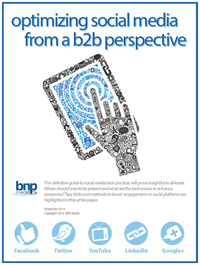Danger from Fruit Sugars?

Researchers suspect growing bodies crave the cheap, strong sweetener. An analysis of 559 adolescents age 14-18 correlated high-fructose diets with higher blood pressure, fasting glucose, insulin resistance and inflammatory factors that contribute to heart and vascular disease.
Heavy consumers of the mega-sweetener also tend to have lower levels of cardiovascular protectors, such as HDL cholesterol and adiponectin, according to researchers at the Medical College of Georgia at Georgia Health Sciences University.
These dangerous trends are exacerbated by fat around their midsection, called visceral adiposity, another known risk factor for cardiovascular disease and diabetes.
The association did not hold up for adolescents with more generalized, subcutaneous fat.
“It is so very important to provide a healthy balance of high-quality food to our children and to really pay close attention to the fructose and sucrose they are consuming at their home or anyone else’s,” said Dr. Vanessa Bundy, an MCG pediatric resident.
“Fructose itself is metabolized differently than other sugars and has some byproducts that are believed to be bad for us.
“The overall amount of fructose that is in high fructose corn syrup is not much different than the amount in table sugar but it’s believed there’s something in the syrup processing that plays a role in the bad byproducts of metabolism,” Bundy explained.
The study took a “snapshot” of the adolescents’ lives, looking at overall fructose consumption, general diet history and body fat.
The study was published in The Journal of Nutrition.
From the January 26, 2012, Prepared Foods' Daily News.
Looking for a reprint of this article?
From high-res PDFs to custom plaques, order your copy today!









